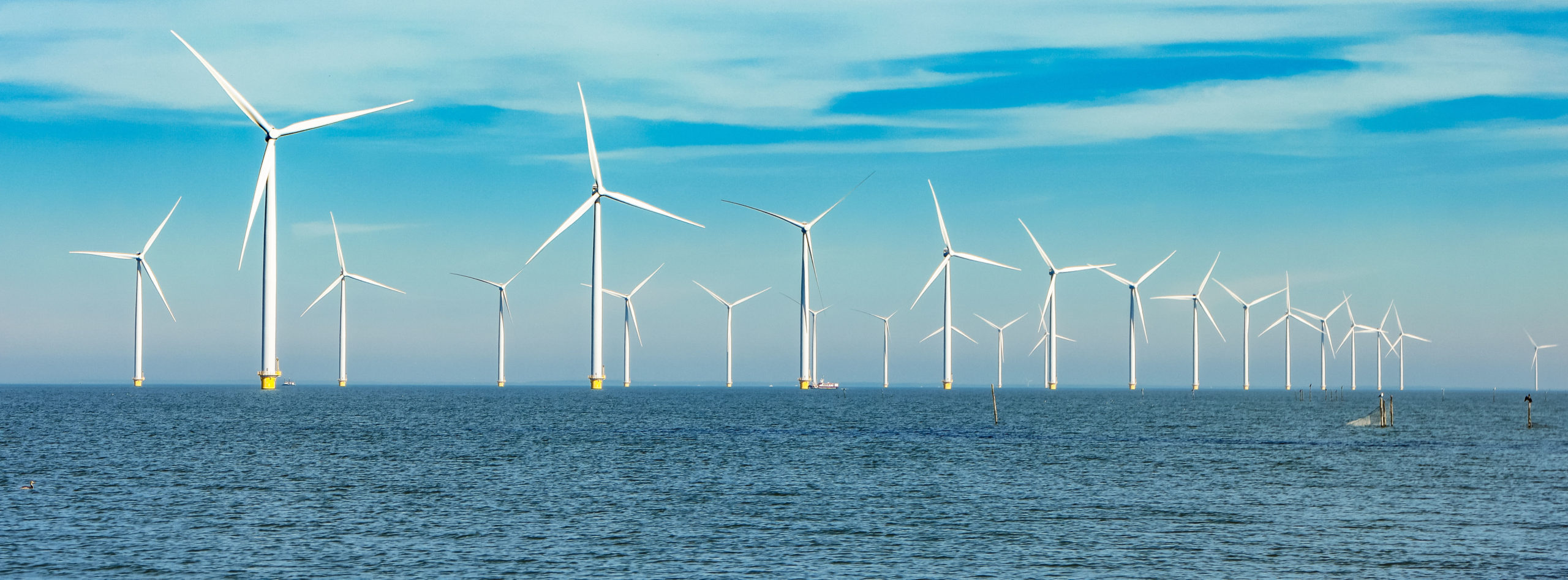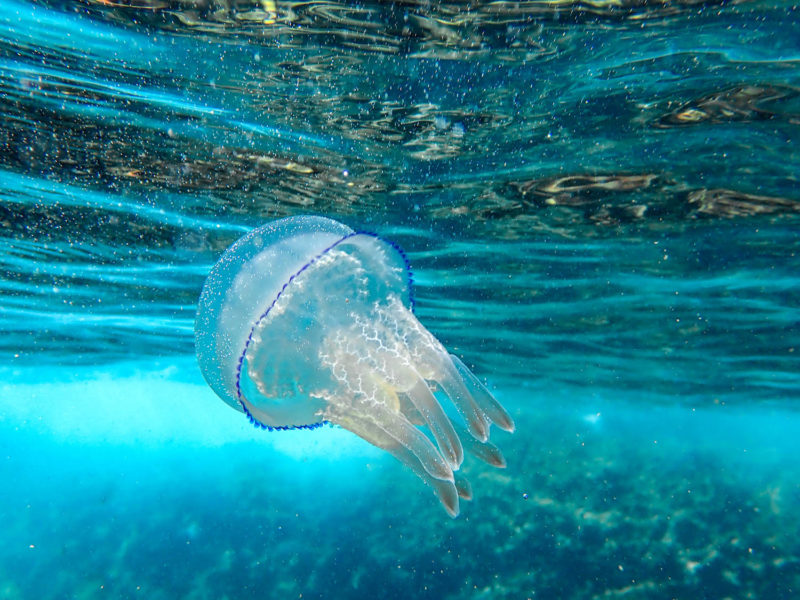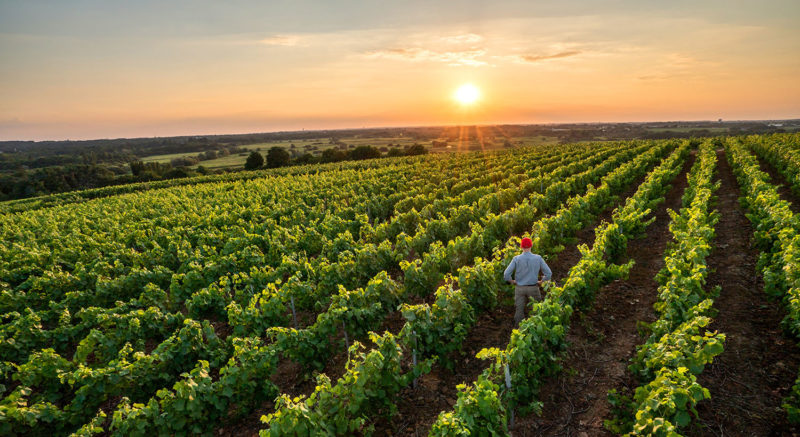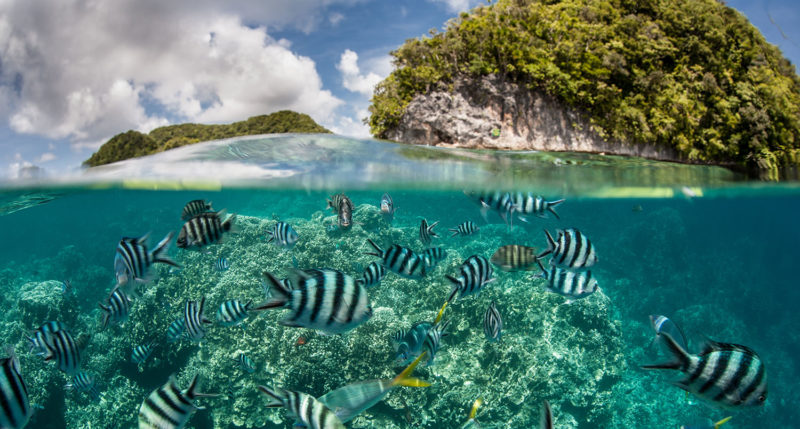

Blue economy: the strategic sector of the future
Water covers 70% of the planet’s surface, and the volume of business that this can generate makes the marine ecosystem a strategic sector for developing a sustainable economy.
The blue economy describes all those economic activities linked to the sea and marine ecosystems. It includes port and logistics activities, fishing, shipbuilding, energy production, sports, science, and technology activities. The main premise is sustainability, as the future of both this economic sector and the planet in general will depend on it.
2050 goal: 35% of energy will be produced in the sea
The European Commission points to the blue economy as a key player in the European Green Deal, which promotes the sustainable development of all member countries. The ocean acts as a climate regulator, is indispensable in the production of oxygen, and provides energy, food, and other resources without which we could not live.
It is, therefore, a strategic sector in the fight against climate change which, today, focuses on two major goals: developing renewable energy on the high seas in order to achieve 35% of energy production by 2050 and, on the other hand, making ports and transport more sustainable, seeking to limit carbon emissions and reduce the ecological footprint of ports.
Catalonia has a project that could achieve the energy goal, the so-called Tramuntana Park. With the intention of becoming a benchmark against climate change, the Empordà presents this proposal to create a marine and floating wind farm in the Gulf of Roses. The project would start operating in 2026 and could supply 45% of energy in the province of Girona, in addition to creating 5,000 jobs and contributing to the preservation and regeneration of marine ecosystems.
What is the European Green Deal? The European Research Council explains it in this video.
Blue Catalonia, leader in Europe
The plan to promote the blue economy in Catalonia began in 2018. Since then, the sector has generated more than 200,000 jobs and 35.5 billion euros. A figure that places Catalonia at the forefront of European countries where the maritime economy has greater internal weight. It is followed by Portugal, Estonia, Greece, Malta, and Cyprus.
Its weight is undeniable, and Catalan business involvement corroborates this. For example, the Port of Barcelona has launched a project to turn into a blue economy hub acting as a strategic point for companies related to the sector directly or indirectly.
Also, this year, the Blue Economy Business Cluster was created in the lands of the Ebro. It is an initiative open to all companies in the area that want to join forces for the environmental preservation of the Delta and its economic activity, mostly maritime.
A sustainable economic development involves making efficient use of the available resources, and in this sense Catalonia must make conscious use of everything the sea has to offer. The goal will be economic and social progress, but with the same degree of importance as environmental preservation, because as the European Commission warns, “there can be no green without blue.”
Leave a Reply
You must be logged in to post a comment.






👏
👍
Gràcies, Joan! Ens veiem per La Plaça!
Estar molt ben explicat i dir que ja era hora que comecessim a prendre mesures per a protegir i actuar amb sostenibilitat
Totalment d’acord Alicia!
Ha estat interessant, saber el potencial acomulat al mar blau.
Celebrem que ho hagis trobat interessant, Miquel… N’hi haurà més!
Mai havia hagut tanta consciència mediambiental com ara, tot i que no n’és prou encara… Estem anant pel camí correcte 👍👍
Hola, Laura! Doncs sí, tens molta raó. Moltes gràcies pel teu comentari.